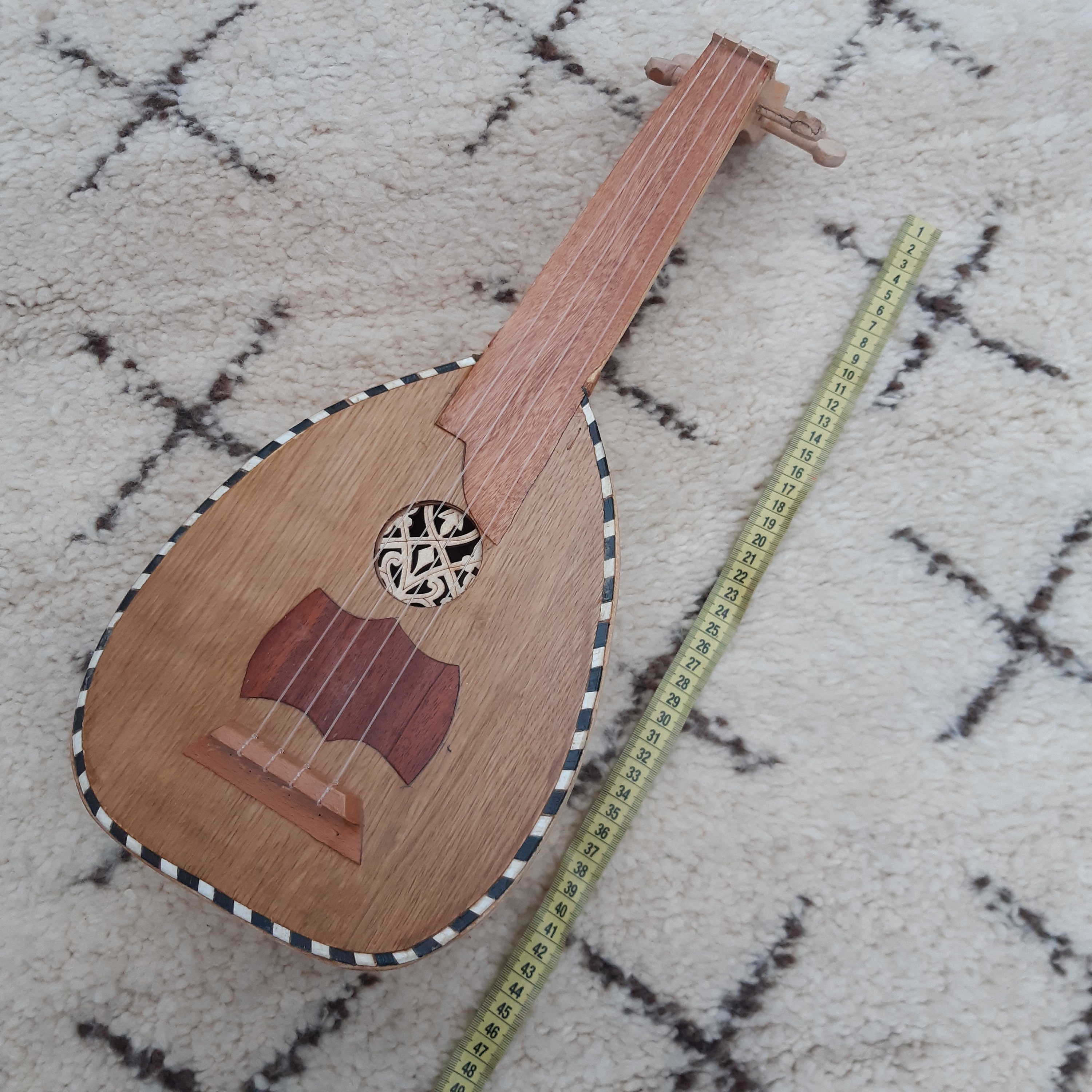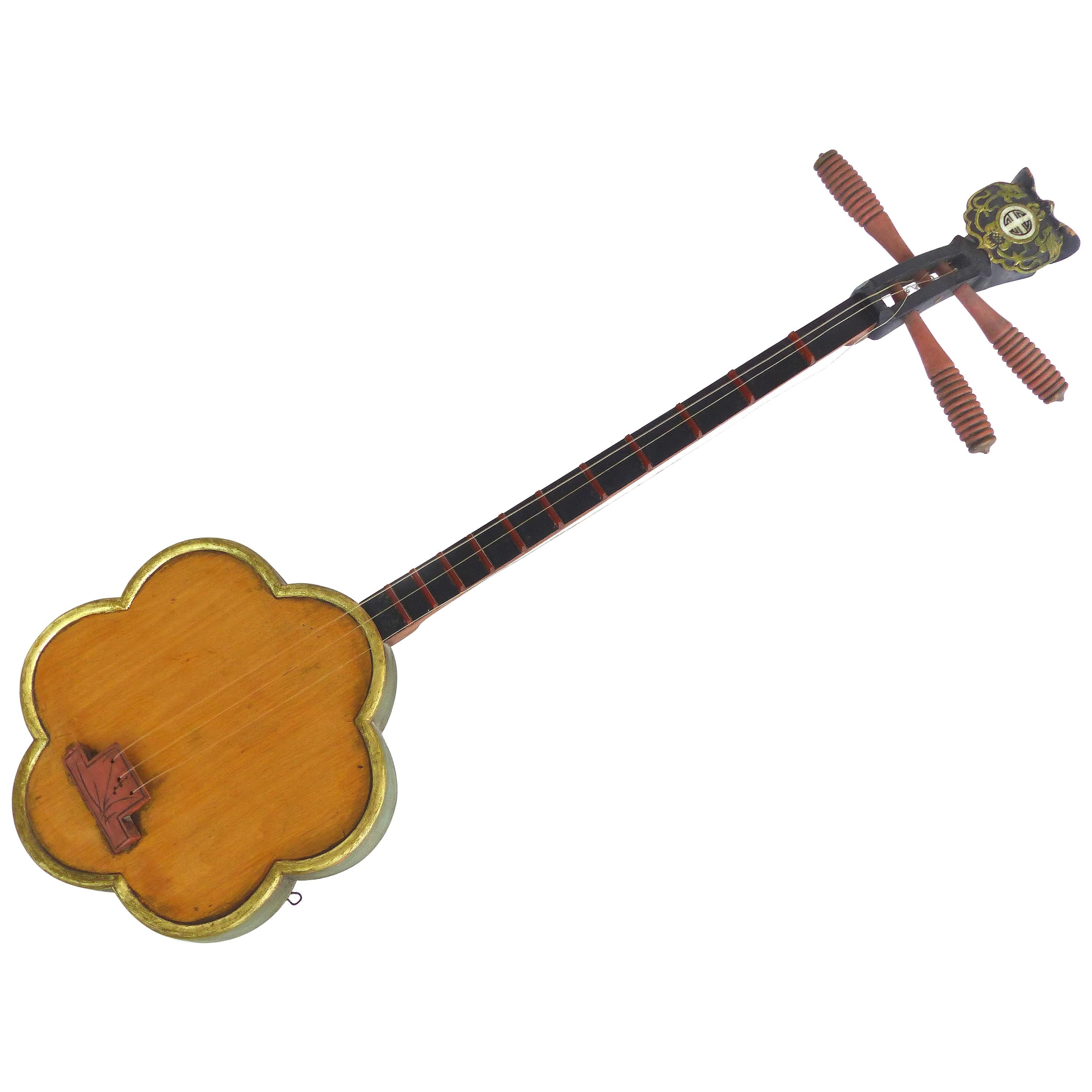
He described the instrument’s geometrical proportions, implying that it would be made in different sizes. The earliest design for a lute is thought to be that recorded by Henri Arnaut de Zwolle in 1440. Early Western Designsįrom pictorial evidence it is clear that a standardized design of the oud existed as early as the ninth century. The gut strings are usually in pairs, passing over an ornately decorated sound-hole, along the neck and into the tuning pegs, which are generally set at a right angle to the neck. It is recognizable by its characteristic pear-shaped vaulted body, from which stems the neck. The western lute evolved from the Arabian oud. The lute family consists of a large group of stringed instruments in which the mechanism for holding the strings and the resonating body are joined, and in which the strings run parallel with the resonating body (i.e., guitar-like rather than harp-like). The strings of some are plucked, some are bowed.

In other words, the lute is a soundbox with a neck sticking out. This means that, at zero cost to you, we will earn an affiliate commission if you click through the link and finalize a purchase.The word ‘ lute’ is the collective term for a category of instruments defined as ‘any chordophone having a neck that serves as string bearer, with the plane of the strings running parallel to that of the soundboard’.
#STRINGED INSTRUMENTS LIKE A LUTE HOW TO#
Would you like to sell our string instrument products online and earn referral fees? Here’s how to become an affiliate.ĭisclosure: Some of the links on this website are affiliate links. Roosebeck Tenor Lute-Kulele Ukulele Variegated – Walnut Back is Made of Alternating Staves of Walnut and Lacewood Shop for Lute Gifts
#STRINGED INSTRUMENTS LIKE A LUTE FULL#

Valéry believes this to be the first known version for solo lute of “Greensleeves.” He segues into a version by Renaissance period composer and lutenist Francis Cutting, then back to the first version. Initially he plays the anonymous version from William Ballet’s Lute Book (late 16th or early 17th century). HXX China Wind Classical Lute Poster Canvas Wall Art Measures 8 x 12 inches Listen to the LuteĪccomplished string musician Valéry Sauvage plays the timeless classic “Greensleeves” on an instrument constructed by Stephen Murphy. Notable lutenists include Peter Croton, John Dowland, Jacques Gallot, Joachim Held, Hubert Hoffmann, Lutz Kirchhof, Nigel North, Valéry Sauvage, and Christopher Wilson. More Lute FactsĪ person who performs on this string instrument is called a lutenist. It wasn’t until the second half of the 20th century that music historians prompted a renewed interest in lute music.

Very little music was written for the instrument after 1750. In the second half of the 17th century, lutes and similar stringed instruments declined in popularity. Many composers published collections of their music during the 16th and 17th centuries. Lutes have been popular in Europe since the 13th century, though the earliest surviving compositions date from the late 15th century. Indeed, they were the most important instrument for secular music during the Renaissance. Lutes have been used in a great variety of instrumental music from the Medieval to the late Baroque eras. The instrument is characterized by a rounded body and a flat front that is shaped somewhat like a halved egg. The lute is a plucked string instrument with a long neck bearing frets.


 0 kommentar(er)
0 kommentar(er)
